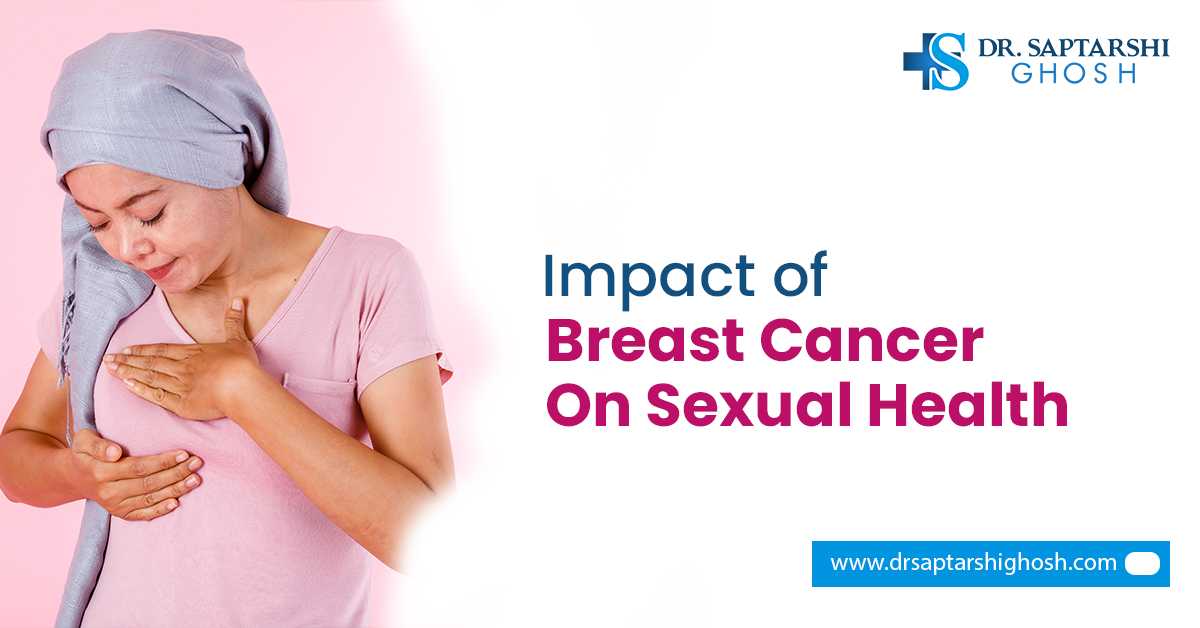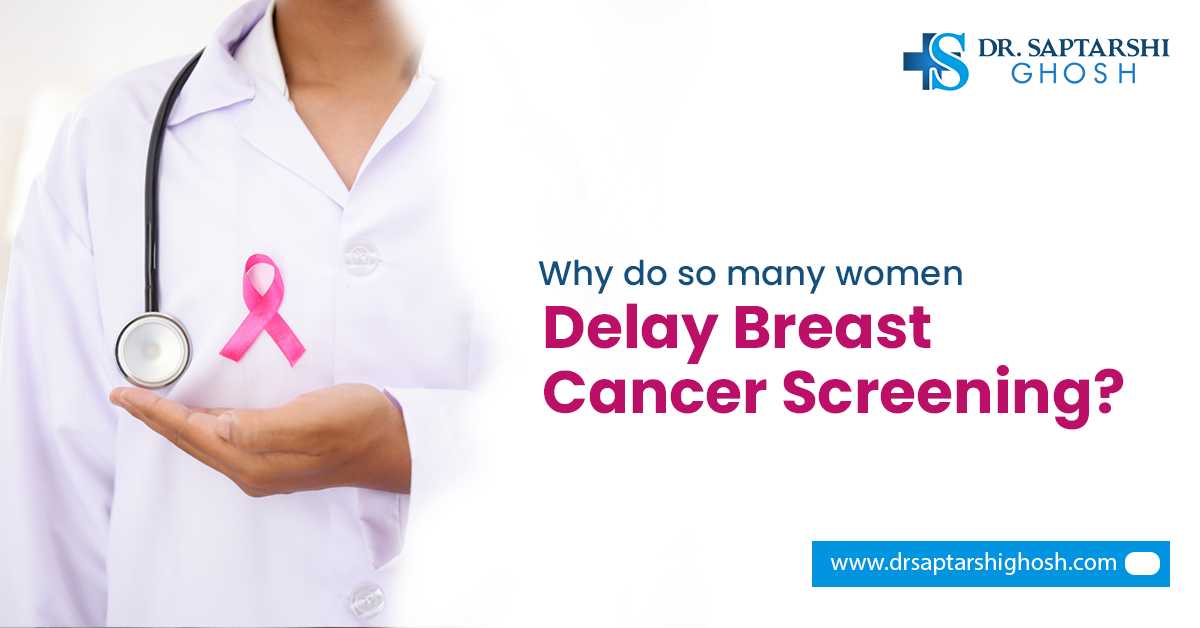Cancer pain has multiple reasons and the reason isn’t limited to the disease itself. This can be a symptom or side effect that stems from the disease, treatment, or combination of reasons. Standard treatments of cancer, such as surgery, chemotherapy, and radiation therapy, may cause pain, which may be temporary/mild or long-term. For effective cancer pain management, see a highly experienced cancer specialist in Siliguri who specializes in cancer pain management.
Understanding Cancer Pain
Cancer pain differs greatly from person to person. This can be:
- Acute or Chronic Pain: Acute pain is temporary and may be caused by operations or therapy to treat cancer, but chronic pain lasts for weeks, months, or even years even after treatment.
- Intensity of the Pain: Pain intensity ranges from mild to moderate to severe, depending on the stage of cancer, its location, the severity of the surgery, and the patient's pain tolerance.
- Nociceptive or neuropathic: Pain in cancer patients is frequently a complex pain condition, rarely presenting as exclusively nociceptive or neuropathic. Nociceptive Pain develops when tissues are injured, causing inflammation or pressure, while neuropathic pain is caused by nerve injury and might feel scorching, sharp, shooting, or tingling.
Options for Managing Cancer Pain
A multidisciplinary approach is often the most effective to manage pain related to cancer. If cancer has spread or recurred, you are more likely to have discomfort. Patients’ options may vary depending on the source of their cancer pain and the severity of their symptoms. To have the best results, you may need to use a mix of pain remedies planned and provided by an oncologist.
Cancer Pain Management - Options include:
Medications
- Over-the-counter pain relievers
- Opioids used for moderate to severe pain.
- Adjuvant medications like antidepressants, anticonvulsants, and steroids ideal for nerve pain.
Your cancer doctor in Siliguri monitors your pain and medicine. Following medical advice is a must to limit the risk of addiction while managing your discomfort with prescribed opioids.
Some pain drugs during cancer pain management may cause you to become confused, dizzy, or sleepy. If this is your condition, speak with your cancer doctor without delay. Your cancer specialist will adjust or use a different type of medicine.
Non-Medical Therapies
- Physical therapy can improve mobility and relieve discomfort caused by stiffness or weakness.
- Acupuncture is an age-old/ ancient treatment that may help relieve pain and nausea in patients with cancer.
- Meditation, relaxation techniques, and guided imagery can help lower stress, boost mood and energy, and improve pain perception associated with cancer.
Interventional Procedures
Nerve blocks, spinal cord stimulation, or other minimally invasive procedures may be used for severe, localized pain associated with cancer. A nerve block treatment can be effective for some patients to prevent pain signals from being sent to the brain.
Radiofrequency ablation in cancer pain management is a treatment that employs heat to kill tissue. This therapy reduces pain by heating a nerve with radio waves delivered by a precisely positioned needle. Then, heat prevents your nerves from getting pain signals to your brain.
Palliative care aims to lower and treat cancer pain and improve the overall quality of life of a cancer patient, regardless of disease stage. Understanding palliative care is important because in some cases, side effects may occur. Here, your cancer specialist in Siliguri will ensure proper guidance on its symptoms, when to reach out, and what is unusual.
Tell your doctor about the severity, frequency, and kind of your pain before treatment and after cancer pain management. Sharing this information with your healthcare team helps them keep track of your improvement and they can adjust your therapy.
Early management can save pain from becoming more difficult to manage. So, if you notice such discomfort, do not wait until it becomes unbearable. Pain management in cancer is a vital part of cancer therapy, and you deserve to be as comfortable as possible. Consult your cancer specialist in Siliguri Dr. Saptarshi Ghosh and receive personalized cancer treatment for effective recovery and management.




